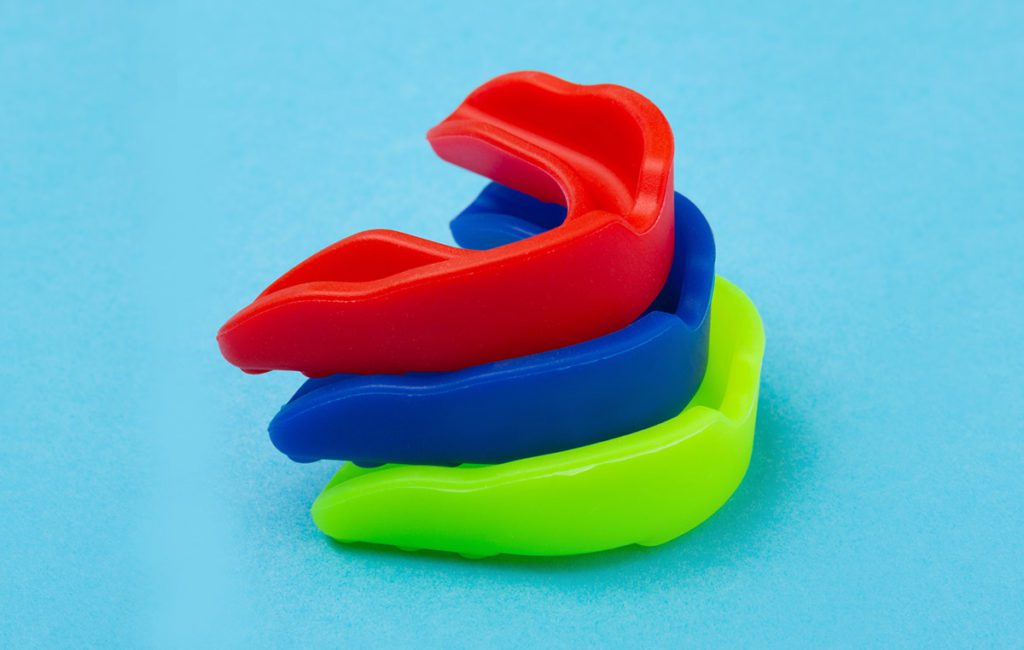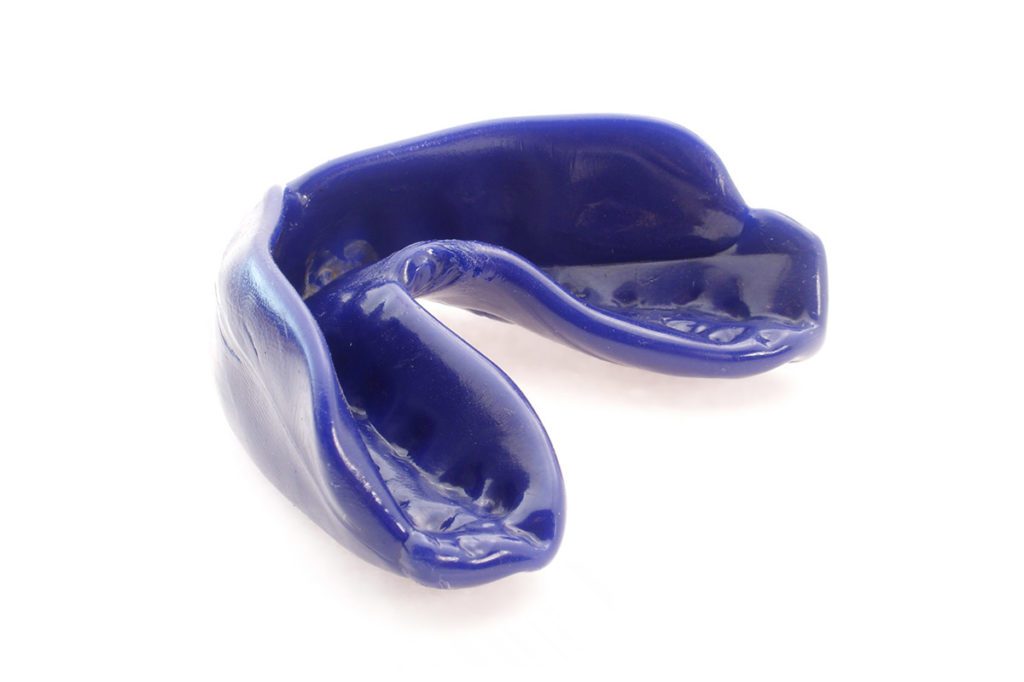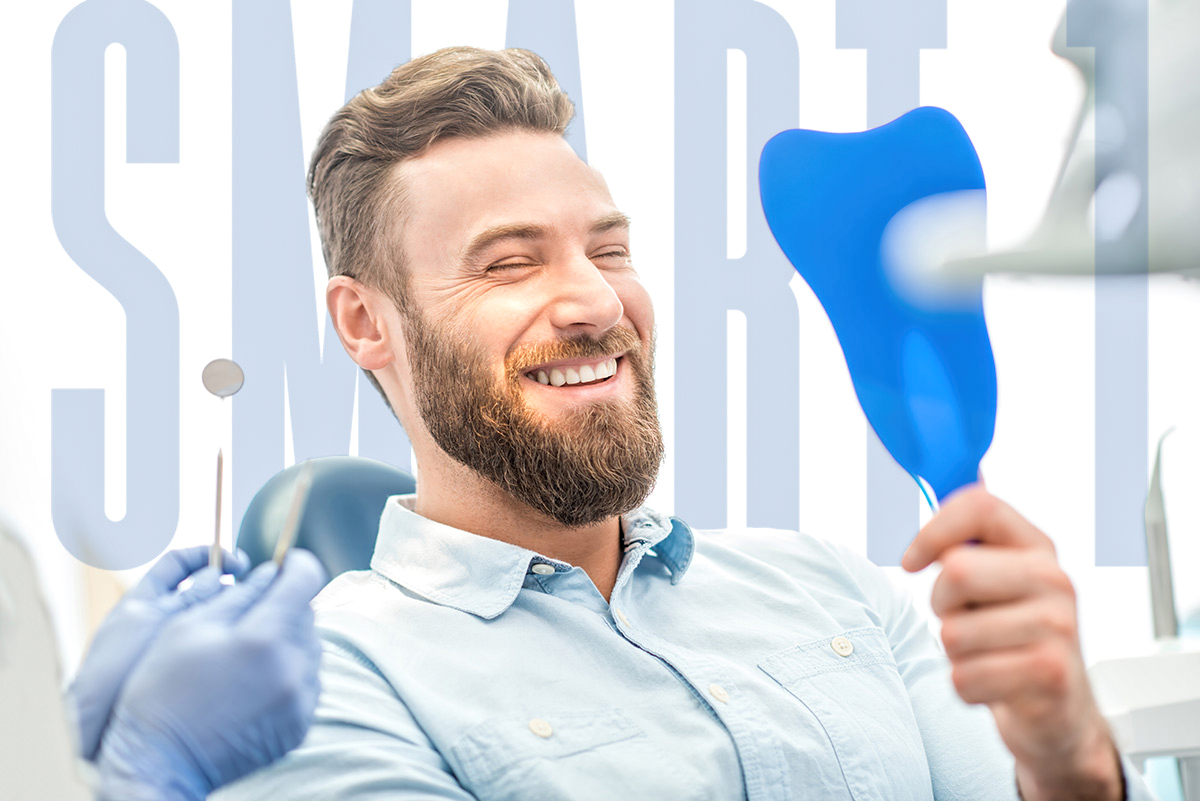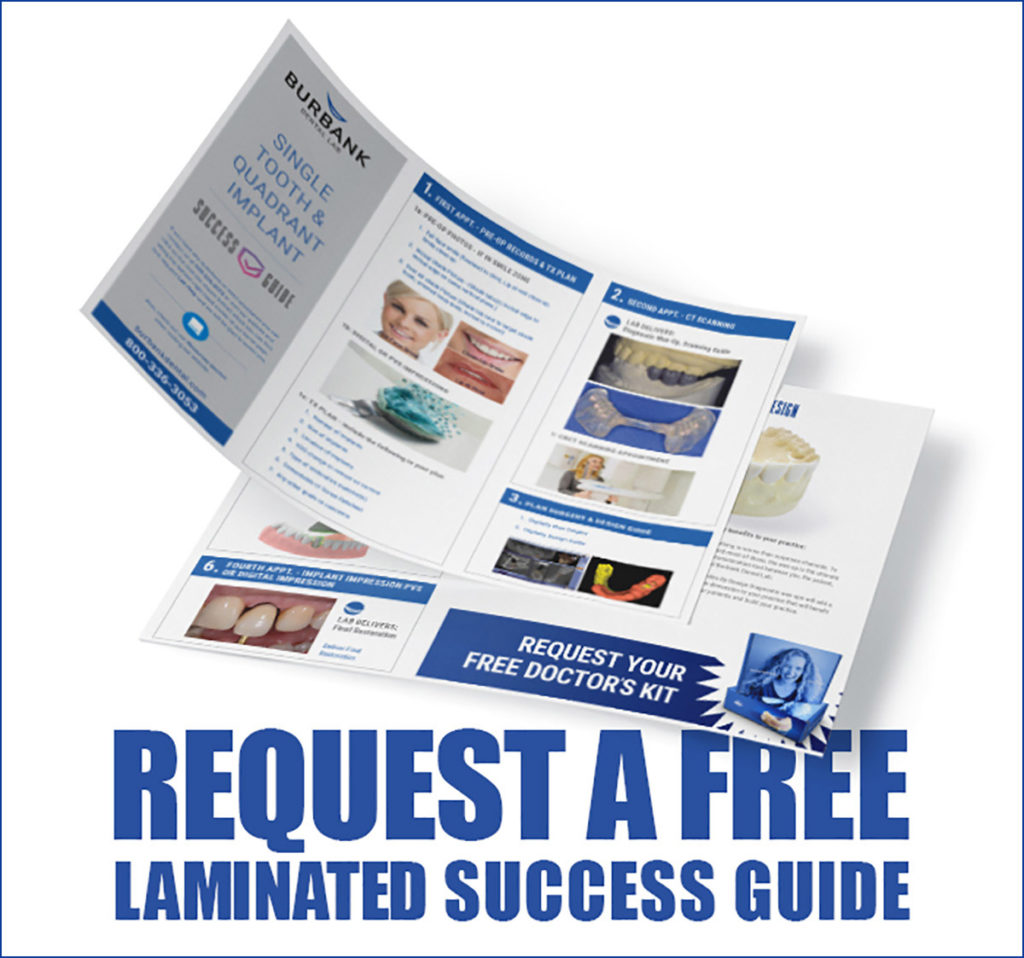Dental Injuries from Sports

Nearly a third of dental injuries result from sports. This occurs mostly in sports where the players are in physical contact or where the equipment used within the sport can cause damage. The biggest issue with traumatic injuries to dentition is that they don’t always heal completely, and they can lead to costly, long-term problems for the rest of one’s life. Protecting the teeth during sports then is extremely important to the dental health and long-term health of an athlete.
It has been well documented that a mouth guard can reduce the occurrence of injury to the teeth and jaw during sporting activities. Mouth guards are tasked with preventing oral injuries. The idea is that these devices will absorb and dissipate impact forces.

How Mouth Guards Work

Injuries to the brain can be reduced by using mouth guards, as they create a space between the skull and the condyle.
Professionals in the dental field play a crucial role when it comes to treating sports-related injuries and providing proper devices to prevent these injuries from occurring.
A mouth guard protects the following:
Mouth guards have been linked to a reduction in oral-facial injuries in athletes in many studies. It is, therefore, crucial for dentists and dental labs to fabricate proper appliances to save patients from pain, expense, and sometimes permanent damage.
Sports Mouth Guards: Types and Uses
Mouth guards can be divided into three types. The prices, comfort, effectiveness, and safety of these protective devices will vary with each type. When it comes to keeping athletes safe during sports, the right dental appliance can make a big difference. It is important to note that not all mouthguards offer effective protection in contact sports.
The three types are as follows:
1. Stock mouth guards

Stock mouth guards are the least expensive type and can be found at sporting goods stores. They come in different sizes. The primary type of retention with these appliances is keeping the mouth shut. They are known to be bulky and can make breathing difficult and uncomfortable. While it is the least expensive, they have also been shown to be the least effective. They actually provide little to no protection and are not recommended by dental professionals.
2. Mouth-formed appliances

Mouth-formed appliances are often sold in sporting goods stores. They are a do-it-yourself type of appliance that consists of fitting the appliance to the mouth at home.
To do this, they are placed in hot water to soften and then put in the mouth to fit as the appliance cools. It is molded into place with the use of hands and biting pressure. These mouth guards are made from thermoplastic material and have been known to distort from the rise in body temperature.
They can offer a poor fit which in turn leads to poor retention. They can provide limited protection.
3. Custom mouth guards

Custom mouth guards that are fabricated in either a dental lab or a dental office offer the best protection.
Fit is optimal because these are fabricated based on the patient’s impressions.
Further, mouth guards with soft inner layers and hard outer layers are the most effective. There is evidence that these are more efficient at absorbing impact.
This mouthguard requires a full dental exam to take into account any previous dental injuries. A guard should also be designed according to the specific sport being played in order to protect the athlete properly.
There are a variety of methods for fabricating custom appliances, including thermal, pressure, vacuum, polymerization, and light-curing. Material type, type of sport, and any individual characteristics of the athlete’s mouth or jaw determine what type of device should be used.
Mouth guards should have the following features for best results:
It is by far best to fabricate appliances under the supervision of a clinician. Due to their accuracy of fit, these will provide the most protection.
At Burbank Dental Lab, our Custom Sports Guard can be fabricated using either a traditional or digital workflow. Each guard is individually designed based on the prescription. The key design elements are based on the specific sport the individual plays and the competition level.

Each guard is fabricated with the following three criteria:
The consequences of oral trauma are great, as they can lead to lifelong and expensive issues in the long run. In light of the high risk of injuries and dental problems among young people who participate in recreational sports, every dentist should inquire about these activities as well as educate parents about the importance of using these appliances.
A patient will comply quickly with an appliance that fits properly. Burbank Dental Lab provides custom sports appliances that are designed to suit the specific needs of your patients based on their sport and level of activity.
Call or chat today to speak to a Burbank Dental Lab team member.












